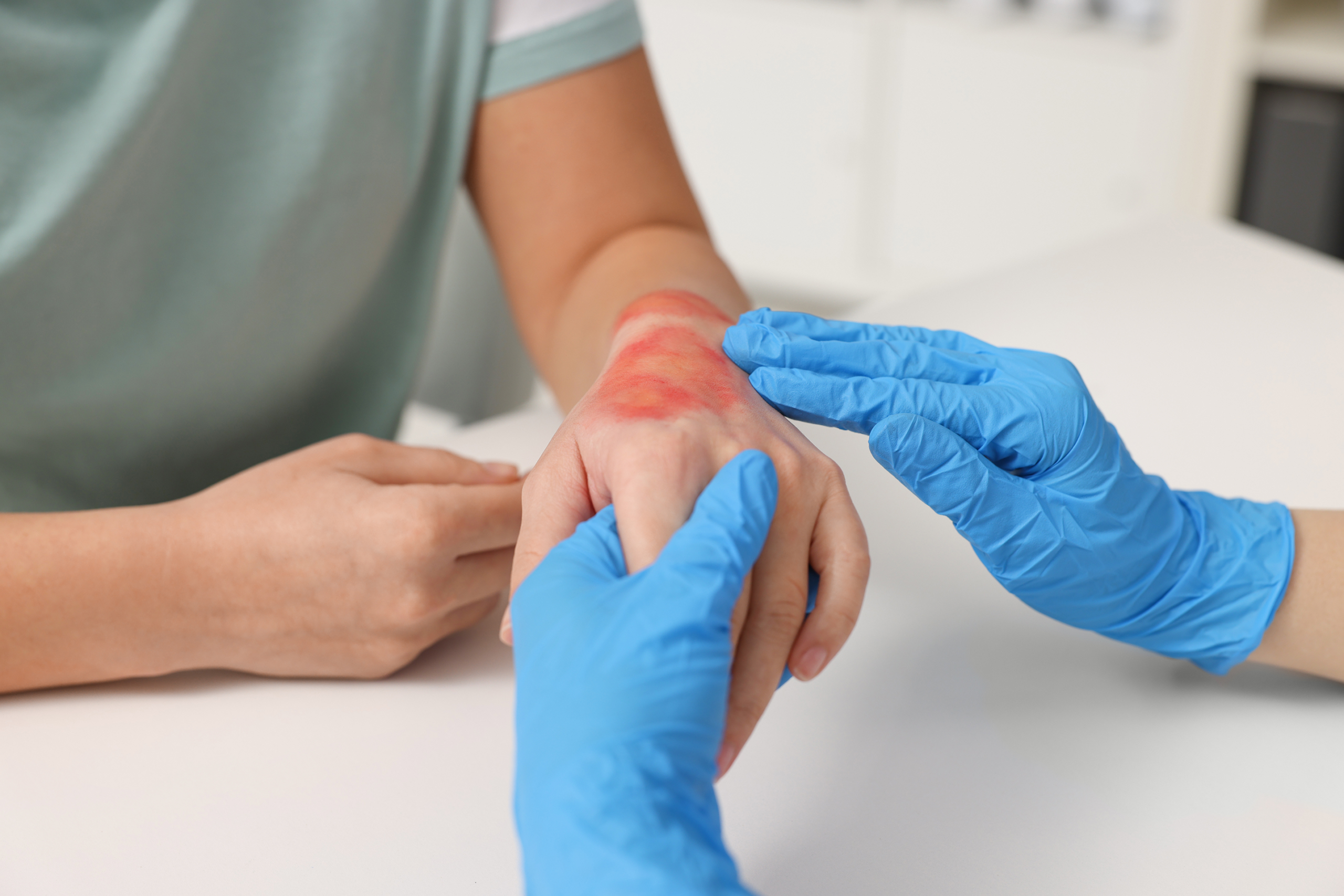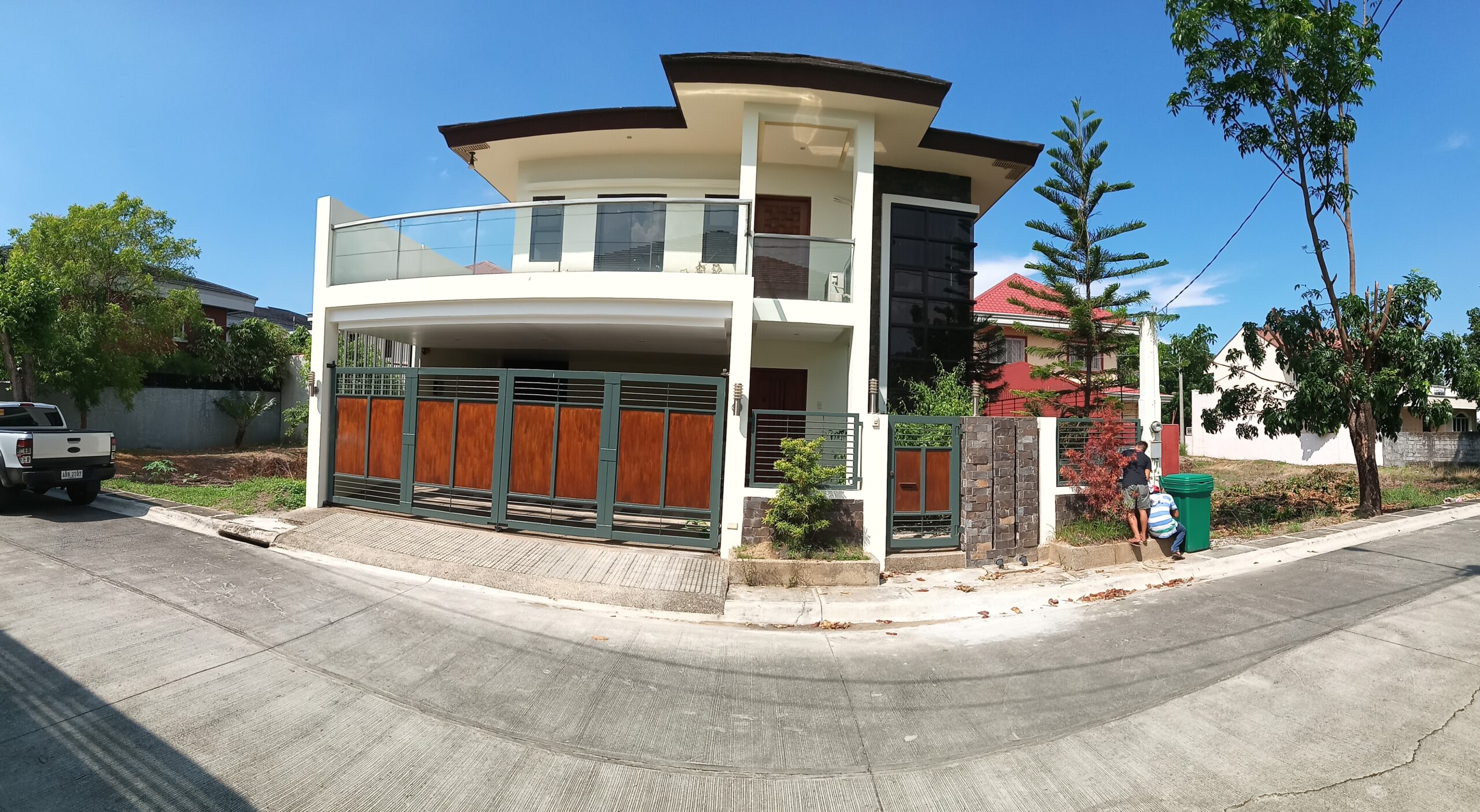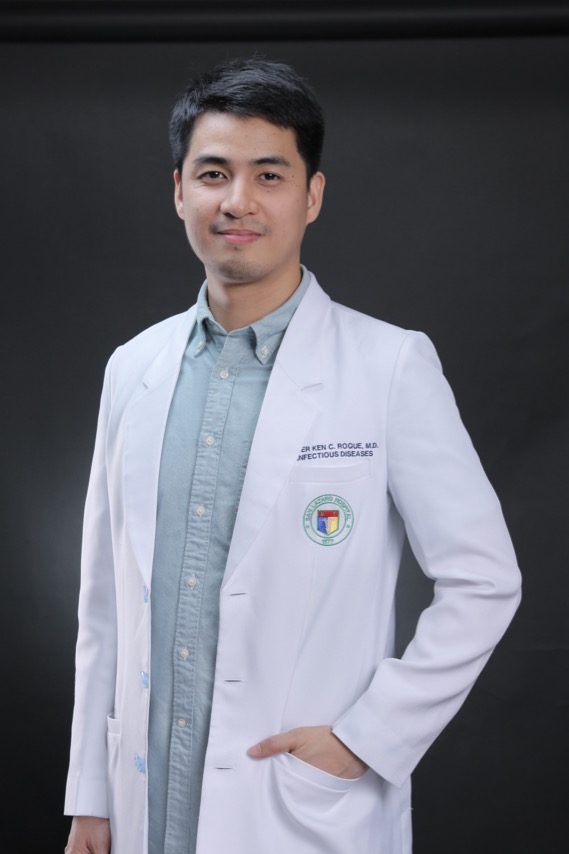A wound care doctor provides specialized attention for chronic, acute, and complicated wounds, ensuring proper healing while preventing complications. Chronic wounds, diabetic foot ulcers, pressure sores, and post-surgical wounds require more than standard medical care. A certified wound care doctor combines advanced treatments, evidence-based practices, and compassionate patient-centered care to restore health, function, and confidence. Patients benefit not only from physical healing but also from personalized guidance that addresses the underlying causes of their wounds.
Introduction to Wound Care Doctors
Wound care doctors are medical professionals trained to manage complex and persistent wounds that often fail to heal with conventional treatment. Their expertise spans chronic conditions, trauma injuries, surgical recovery, and infection control. Patients with diabetes, vascular conditions, or mobility limitations often rely on a wound care doctor to reduce risks and achieve optimal recovery outcomes. The role of a wound care doctor goes beyond applying dressings or medications; it involves continuous assessment, monitoring, and education to ensure both immediate and long-term healing.
Common Types of Wounds Treated
Wound care doctors manage a variety of wound types, each requiring precise intervention strategies. Chronic wounds such as diabetic foot ulcers demand comprehensive management that includes infection control, pressure relief, and lifestyle guidance. Venous insufficiency ulcers result from poor circulation and benefit from compression therapy and specialized dressing techniques. Pressure ulcers, often found in bedridden or immobile patients, require frequent monitoring, repositioning strategies, and targeted wound care. Acute wounds, including traumatic injuries, burns, or post-surgical incisions, need timely intervention to prevent infection and support faster tissue repair. Wound care doctors ensure treatment plans are tailored for each wound type, improving recovery rates and reducing complications.
Advanced Wound Assessment Techniques
Accurate diagnosis and evaluation are crucial for effective treatment. Wound care doctors perform thorough assessments using evidence-based tools to measure wound depth, size, and tissue quality. Advanced imaging techniques may also be employed to detect hidden infection or vascular problems. Every evaluation allows the wound care doctor to create a personalized care plan that considers patient history, underlying health conditions, and healing potential. Regular reassessment ensures that treatment adapts to the wound’s progress, enhancing efficiency and reducing healing time.
Core Treatments Offered by a Wound Care Doctor
Debridement is a fundamental procedure performed by wound care doctors to remove dead or infected tissue, facilitating natural healing. Techniques such as ultrasonic, surgical, and mechanical debridement prepare the wound bed for advanced therapies and reduce the risk of infection. Negative Pressure Wound Therapy (NPWT) is another effective treatment that uses controlled vacuum-assisted pressure to promote blood flow, stimulate tissue growth, and accelerate healing for chronic or complex wounds. Infection management is a critical component, involving the use of antimicrobial dressings, topical or systemic antibiotics, and continuous monitoring by a wound care doctor. Patients with venous insufficiency ulcers often receive compression therapy and specialized dressing protocols, improving circulation and supporting long-term wound closure.
Specialized Care Programs
Diabetic foot ulcer management requires a comprehensive approach that includes wound care, infection prevention, and patient education. Wound care doctors guide patients on proper foot hygiene, footwear, and daily inspections to prevent recurrence and serious complications. Pressure ulcer treatment is especially vital for patients with limited mobility, combining advanced dressings, offloading techniques, and frequent repositioning to reduce tissue damage. Education programs empower patients to actively participate in their recovery by learning self-care practices, early recognition of wound complications, and lifestyle adjustments. These programs highlight the role of the wound care doctor as both a treatment provider and a health educator.
Patient-Centered Approach to Wound Healing
Effective wound care focuses on the individual, not just the wound. Wound care doctors provide personalized support, addressing physical, emotional, and lifestyle factors that influence healing. Patients receive clear guidance on daily care routines, nutrition, and activity modifications that complement medical treatment. The patient-centered approach ensures that treatment plans are realistic, sustainable, and aligned with each patient’s needs and circumstances. By maintaining open communication and providing continuous education, wound care doctors empower patients to take an active role in their recovery.
Benefits of Consulting a Wound Care Doctor
Consulting a wound care doctor offers multiple advantages, including faster wound closure, reduced risk of infection, and lower chances of recurrence. Early intervention by a specialist prevents complications that can lead to hospitalization or amputation. Patients experience improved mobility, comfort, and overall quality of life. Personalized treatment plans, continuous monitoring, and holistic care strategies make the wound care doctor an essential partner for anyone managing chronic or complex wounds.
How to Choose the Right Wound Care Doctor
Choosing the right wound care doctor involves evaluating qualifications, experience, and patient-focused service. Certified wound specialists with a track record of managing chronic, acute, and complex wounds provide the highest standard of care. Accessibility and affordability are important considerations, especially for patients requiring ongoing treatment. A wound care doctor who emphasizes education and preventive strategies ensures long-term benefits, not just short-term healing. Referrals from healthcare providers or patient testimonials can help identify qualified specialists in your area.
Education and Prevention
Preventing wound recurrence is as important as treating existing injuries. Wound care doctors offer practical guidance on skin protection, pressure relief, hygiene, and nutrition. Patients learn to identify early warning signs of complications, manage underlying health conditions, and make lifestyle adjustments that support lasting wound health. Educational workshops, one-on-one sessions, and written materials help patients and caregivers gain confidence in self-care practices, reducing reliance on emergency interventions.
Community Impact and Accessibility
Making specialized wound care accessible improves public health outcomes. Wound care doctors provide services to underserved communities, offering affordable treatment, preventive education, and personalized follow-up. Clinics dedicated to wound management work to reduce barriers such as cost, transportation, and lack of awareness, ensuring that more patients receive timely and effective care. Outreach initiatives and community programs led by wound care doctors strengthen local healthcare networks and foster healthier populations.
Takeaway
Patients experiencing chronic, acute, or complicated wounds can benefit greatly from consulting a wound care doctor. Scheduling a consultation ensures a thorough evaluation, personalized treatment plan, and ongoing guidance for optimal healing. Clinics offering wound care doctor services combine advanced therapies, education, and compassionate support to help patients achieve the best possible outcomes. Book a consultation today to start a guided path to recovery and improved quality of life.
FAQ
Q: What is the role of a wound care doctor?
A: A wound care doctor specializes in diagnosing, treating, and managing chronic, acute, and complex wounds. They provide advanced therapies, infection management, and education for long-term wound health.
Q: How does Negative Pressure Wound Therapy work?
A: NPWT uses controlled vacuum-assisted pressure to remove excess fluid, stimulate tissue growth, enhance circulation, and accelerate healing for chronic or post-surgical wounds.
Q: Can chronic wounds fully heal with proper care?
A: Yes, chronic wounds can heal with timely intervention, personalized treatment plans, infection management, and lifestyle adjustments guided by a wound care doctor.
Q: How often should patients follow up with a wound care doctor?
A: Follow-ups vary depending on the wound type and severity but typically range from weekly to monthly evaluations to monitor healing progress and adjust treatment.
Q: Are wound care services covered by insurance in the Philippines?
A: Coverage depends on the specific insurance plan. Many clinics offer affordable options and can provide guidance on insurance claims for wound care treatments.










